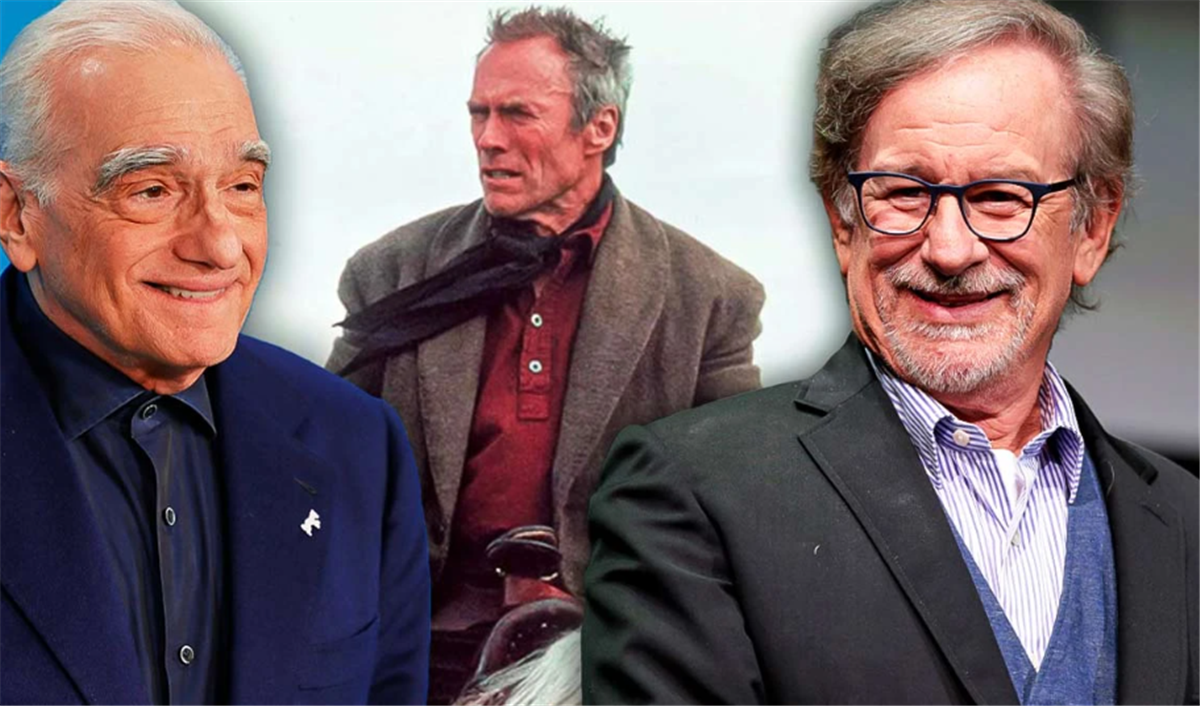David Peoples the screenwriter for 2005 Munich leaned towards Martin Scorsese over Steven Spielberg while preparing the movie.
David Peoples, a legendary screenwriter with numerous credits to his name, is indeed one of the who’s who of the industry. While crafting the story for the 2005 film Munich, eventually directed by Steven Spielberg, Peoples had Martin Scorsese’s influence in mind.
Given the weighty subject matter it grapples with, he leaned towards Scorsese’s trademark style. However, Spielberg, undoubtedly a master in his own right, skillfully led the film to receive five Oscar nominations.
Munich Screenwriter Had Martin Scorsese, And Not Steven Spielberg, in Mind for the Movie!

Munich is a 2005 film directed by Steven Spielberg. The movie is based on the true events of the 1972 Munich Olympics massacre, where Palestinian terrorists belonging to the group Black September took Israeli athletes hostage and ultimately killed eleven of them.
The film follows the aftermath of the attack, focusing on the Israeli government’s response. It depicts the covert operation known as “Operation Wrath of God,” where a team of Mossad agents are tasked with tracking down and assassinating those responsible for the Munich massacre. A pretty heavy subject matter indeed and given Martin Scorsese‘s resume containing films like Taxi Driver, Goodfellas, and many more. David Peoples wanted Scorsese to direct the movie. In an interview with Yahoo Entertainment, he revealed,
I don’t know that I ever thought of that, but I do know that just the thought of Martin Scorsese directing something always got me going. I remember that when Janet and I wrote the original draft of something that eventually became Steven Spielberg’s Munich, we thought it was much more a Scorsese picture than a Spielberg picture.
While an action thriller, the film delves into themes of vengeance, morality, and the cycle of violence, with Spielberg’s direction bringing the story to life, probing the complexities and moral ambiguities of responding to terrorism with violence and prompting reflection on the costs of seeking justice and perpetuating further bloodshed.
Munich Is The Most Un-Spielberg Movie The Director has Ever Made Yet

Munich stands out as a departure from Steven Spielberg’s usual fare, straying from his typical storytelling style. Known for his uplifting narratives, Spielberg ventures into darker, morally intricate terrain with this film.
Moving away from the usual grandeur and spectacle linked to his films, Munich embraces a gritty, realistic style that mirrors the harsh realities it depicts. Unlike his typical focus on straightforward character arcs and resolutions, the protagonists in Munich confront moral ambiguity and the repercussions of their choices, deepening the complexity of their characters.
The absence of definitive conclusions in the film makes it another un-Speilberg trademark. Munich diverges from Spielberg’s typically optimistic outlook, offering a more sobering viewpoint. It urges viewers to confront uncomfortable truths about justice and retribution.
Through its nuanced characterizations and gritty realism, Munich emerges as one of Spielberg’s most thought-provoking and unconventional works, showcasing his versatility as a director and his willingness to tackle challenging subject matter with depth and sincerity.
